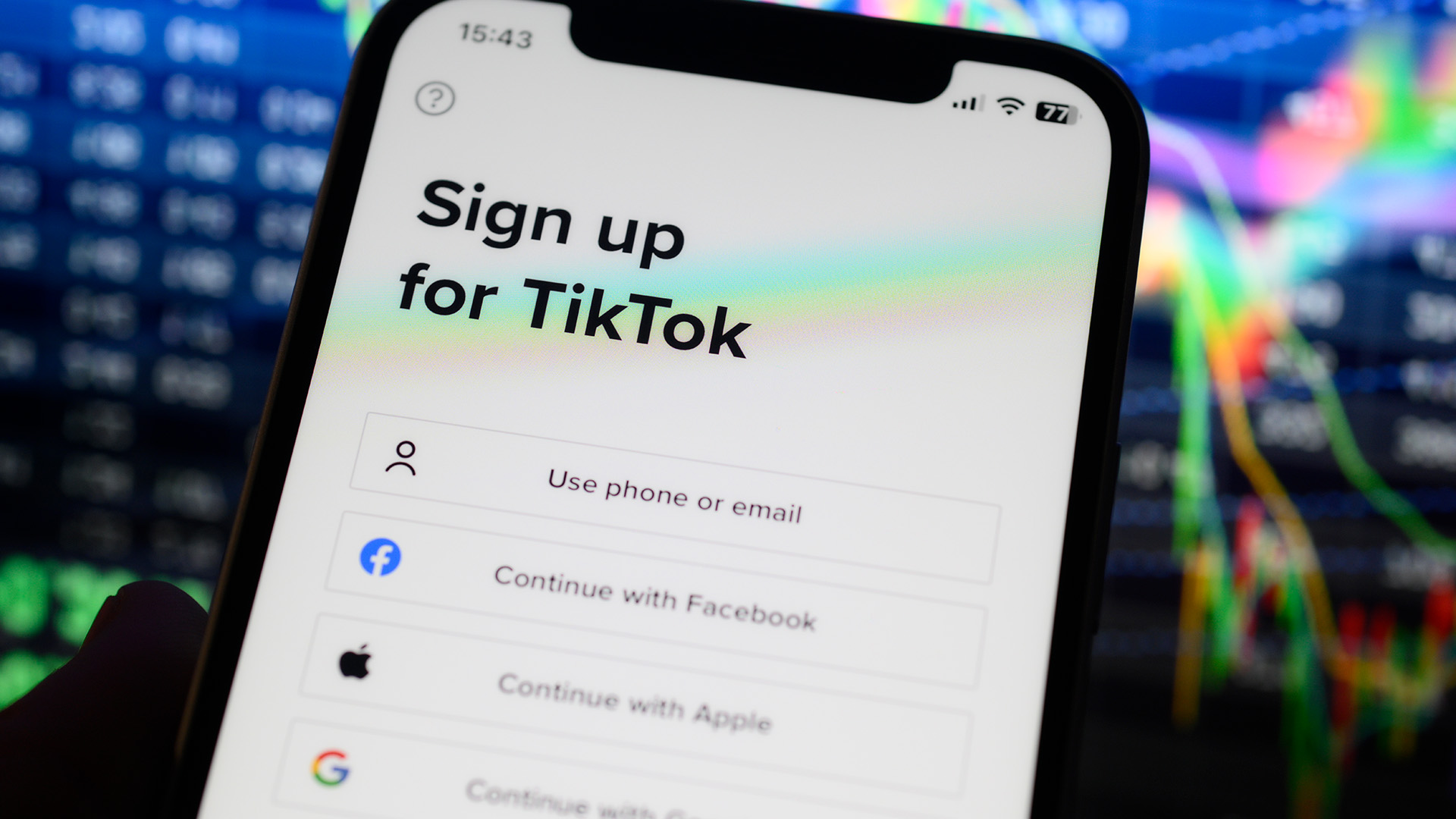
TikTok has announced it plans to sue the US government over a new law that would ban the app nationwide unless ByteDance, its Chinese parent company, divests itself from the app.
According to reporting from the BBC, TikTok called the newly passed act an "extraordinary intrusion on free speech rights" of its 170 million American users. It says the act is based on "speculative concerns" with little basis in fact, and it has asked the DC Circuit Court of Appeals to block the ban.
White House press secretary Karine Jean-Pierre referred questions to the US Justice Department, but did say the law was "not a ban. It is a divestment".
ByteDance, TikTok's parent company said it has no plans to sell the business, setting up the very real possibility that TikTok will be banned in the US. The Chinese government believes the US law is "bullying" and said it would oppose a sale anyway, which makes one wonder whether ByteDance could divest itself from TikTok even if it wanted to.

Best PC racing wheels : perfect for any circuit.
Best VR headset: which set is right for trackdays?
TikTok's lawsuit follows the passage of the Protecting Americans From Foreign Adversary Controlled Applications Act. It's a fairly self-explanatory title. It passed the House of Representatives and subsequently the Senate on April 22. Just a day later, US President Joe Biden signed the bill into law.
The source of the US concern is that TikTok and its parent company ByteDance are subject to the purview of the Chinese authorities. That means it's required to share data if requested. That's the part that makes the US government nervous. It doesn't want US citizen's personal data in the hands of the Chinese government.
It's not the only government with concerns either. TikTok is banned from government devices in several European countries, a majority of US states, and Canada. Australia is weighing up similar bans, and it's completely banned in India.
As for predicting what will happen with the lawsuit, that's a difficult matter, even for constitutional lawyers. The right to free speech is a central tenet of American democracy, and groups from the left and right of the political spectrum have come out and opposed the ban on those grounds.
Whatever the result of the lawsuit, it's sure to have implications that reach far beyond TikTok.







